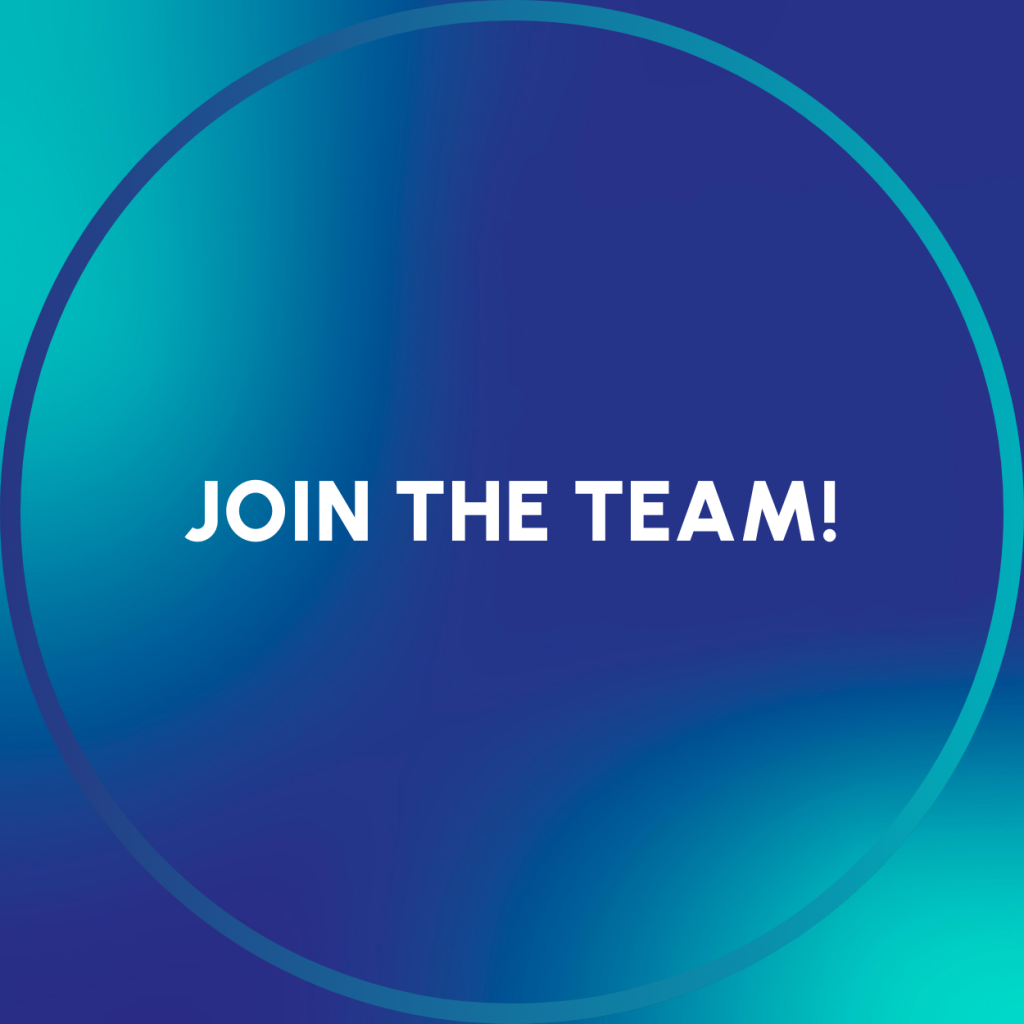#1 Understand the position. Make sure you really get what this specific Field Application Scientist role is all about. The responsibilities can change a lot depending on where the company is in its journey. Will you be doing more pre-sales, post-sales support, or a mix of both? And what about technical support? Knowing this will help you share relevant experiences during your interview. Don’t forget to chat with your recruiter! At SRC-Search, we often work with clients long-term and always have some tips to share!
#2 Prepare for technical questions. Even though the FAS role is customer-focused, there’s still a strong science element involved. Be ready to dive into questions ab1out the scientific principles behind the products you’ll be working with. Check out the company’s articles, product brochures, and technical specs. Get familiar with the real-world applications of the products and the problems they solve. This will help you explain their value during your chat!
#3 Showcase soft skills. As a Field Application Scientist, your ability to connect with customers is key to your success. It’s not just about solving technical issues—it’s about building real, lasting relationships. Showing that you can break down complicated concepts into simple, relatable explanations will really set you apart! It’s all about creating a positive experience that keeps customers coming back.
#4 Understand the sales. While the FAS role is primarily technical, understanding sales is essential. You’re not just there to fix problems—you’re a key player in helping the sales team close deals! Knowing how your technical expertise fits into the broader sales strategy makes you a real asset to the team. It shows that you’re not only there to support, but also to actively contribute to the company’s overall success!
#5 Show off your problem-solving skills. As a FAS, challenges are part of the job. Even with a well-planned approach, things don’t always go as expected in real-world applications. Be ready to talk about times when you’ve hit roadblocks and found creative solutions to push things forward. Whether it’s troubleshooting an experiment or helping a customer with a complex issue, your ability to think on your feet and stay calm under pressure is essential!
#6 Ace your non-verbal communication. Before you even say a word, your body language is speaking for you. Keep eye contact and smile naturally to show you’re engaged and excited to be there. During the interview, your non-verbal communication gives a glimpse into how you’ll come across in real-world situations with customers. So, make sure your body language says, “I’m approachable, confident, and ready to help!”
#7 Share your success stories. When talking about your past roles, be sure to get specific about your achievements. Use real numbers to back up your success—whether it’s the number of training sessions you led, customer satisfaction improvements, or the percentage of projects you completed on time. For a Field Application Scientist, being able to demonstrate your impact with hard data can really set you apart!
#8 Keep it positive. If your last job had its bumps, try to frame your experiences in a positive light. Steer clear of badmouthing past employers, coworkers or product you worked with. Instead, focus on what you learned and how it’s helped you grow. A positive vibe goes a long way and shows interviewers that you can bring that energy to their team.
#9 Prepare your questions. Interviews are all about connection, so come ready with some good questions that show you’re genuinely interested in the company and the role! Ask about their product roadmap, the challenges they’re tackling, or what success looks like for FAS. This not only shows that you’re engaged but also helps you get a feel for whether this job is the right fit for you. Avoid asking basic questions that you could easily Google—go deeper to make the most of this opportunity!rs that you can bring that energy to their team.
#10 Wrap It Up & Follow-Up. As your interview comes to a close, take a moment to check in on any concerns the interviewers might have about your fit for the role and address them with confidence. Don’t forget to send a quick follow-up email thanking your interviewers for their time. This small gesture goes a long way in showing your appreciation and enthusiasm!




